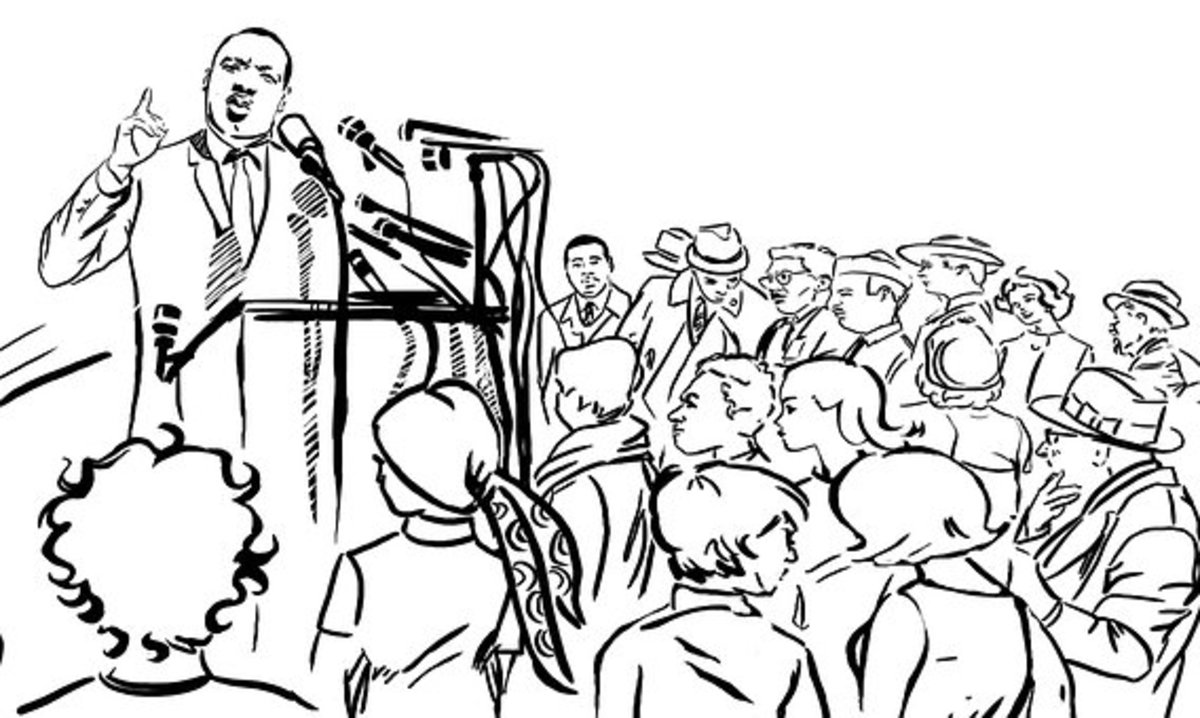Borrow, Lend, Loan – Common Mistakes in English as a Second Language (ESL)

Borrow, lend and loan are frequently misused words in English as a Second Language or ESL.
This is because borrow and lend have fundamentally similar meanings while lend and loan are oftentimes interchangeable.
Still, there are subtle differences among these three words.
Knowing the differences can help learners of ESL correctly use these words in English sentences.
Below is a brief guide on using borrow, lend and loan in the English language.
When to Use Borrow
Borrow and lend are basically similar.
However, they still differ in terms of who gives and receives something.
We use borrow in the following cases:
- When we take something from a person temporarily, then we are borrowing. Note that we borrow from somebody and not to somebody.
- When we take something from a person either with permission or intent to return that thing, then we borrow.
- When we borrow something, we often state for how long we would be borrowing that thing. In this case, we add for plus the length of time of borrowing in the sentence.
- When borrowing, we often use has or have plus the past participle borrowed. This means that the borrowing was "perfected" or completed in the past or continues to the present.
Note that if we borrowed money, then we owe money to somebody.
Examples of Borrow in Sentences
- Hiro borrowed Y10,000,000 from the bank.
- Hiro borrows the golf cart from his pal Jin.
- Hiro has borrowed Ichi’s sports car for the weekend.
- Hiro and Ichi have borrowed capital from Mitsui Bank.
When to Use Lend
We use lend in the following instances:
- When we give something to a person temporarily, then we are lending, not borrowing. Note that we lend to somebody and not from somebody.
- When we lend something, we often state for how long we would be lending that thing. In this case, we add for plus the length of time of lending in the sentence.
- When we give something to a person with the expectation of getting back that thing, then we are actually lending.
- When lending, we often use has or have plus the past participle lent. This means that the lending was "perfected" or completed in the past or continues to the present.
- When we add to something metaphorically, then we are lending.
- When we help someone, then we lend a hand to that person.
Examples of Lend in Sentences
- Mitsui Bank lent Y10,000,000 to Hiro.
- Jin lent his golf cart to Hiro.
- Ichi lent Hiro his sports car for the weekend.
- Mitsui Bank has lent capital to Hiro and Ichi.
- Ichi’s smile lends a feeling of friendliness in his company’s boardroom.
- Ichi told Jin, “Can you lend me a hand with this presentation?”
When to Use Loan
Loan is often interchanged with lend but there are still certain conditions in which the use of the former is better than the use of the latter.
Loan can be both a verb and a noun while lend is only a verb.
Also, loan has something to do with financial transactions or money while lend may or may not have something to do with financial transactions or money.
We use loan in the following situations:
- When we are referring to money that needs to be repaid or returned, then we use loan.
- When we use American English, then loan is synonymous with lend.
Note that the past tense of lend in American English is lent, not leant, which is British English and is pronounced in the same way as lent.
Also, if we have a loan, then we owe money to somebody.
Examples of Loan in Sentences
- Siti applied for a loan but was turned down.
- Siti needs to pay her high-interest loans.
- Insa loaned Siti $50,000.
Mini Test on Borrow, Lend, and Loan
- Can I _____ your little black dress? I just got asked out for dinner.
- I’ll be happy to _____ it to you. I think you’ll look great in that dress.
- That dress can _____ a sense of mystery and sexiness to anyone who wears it.
- Did you take out a _____ for the car?
- No, I could not _____ from the bank.
Mini Test Answers
- borrow
- lend
- lend
- loan
- loan
Copyright © 2012 Kerlyn Bautista
All Rights Reserved







